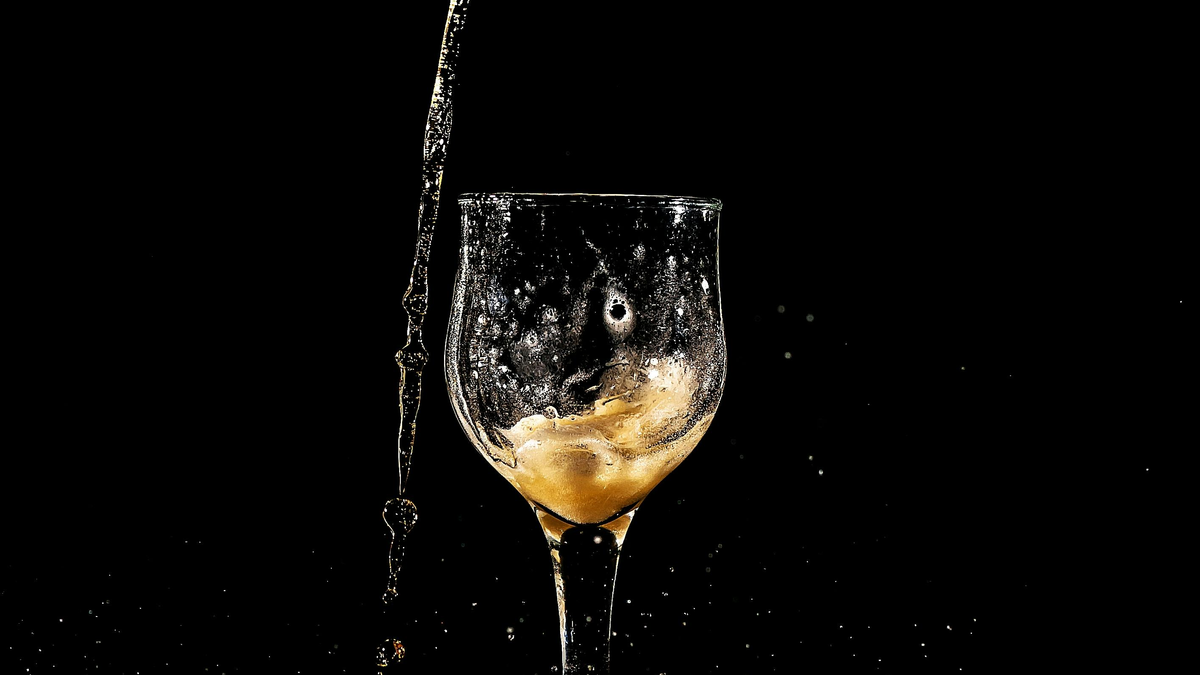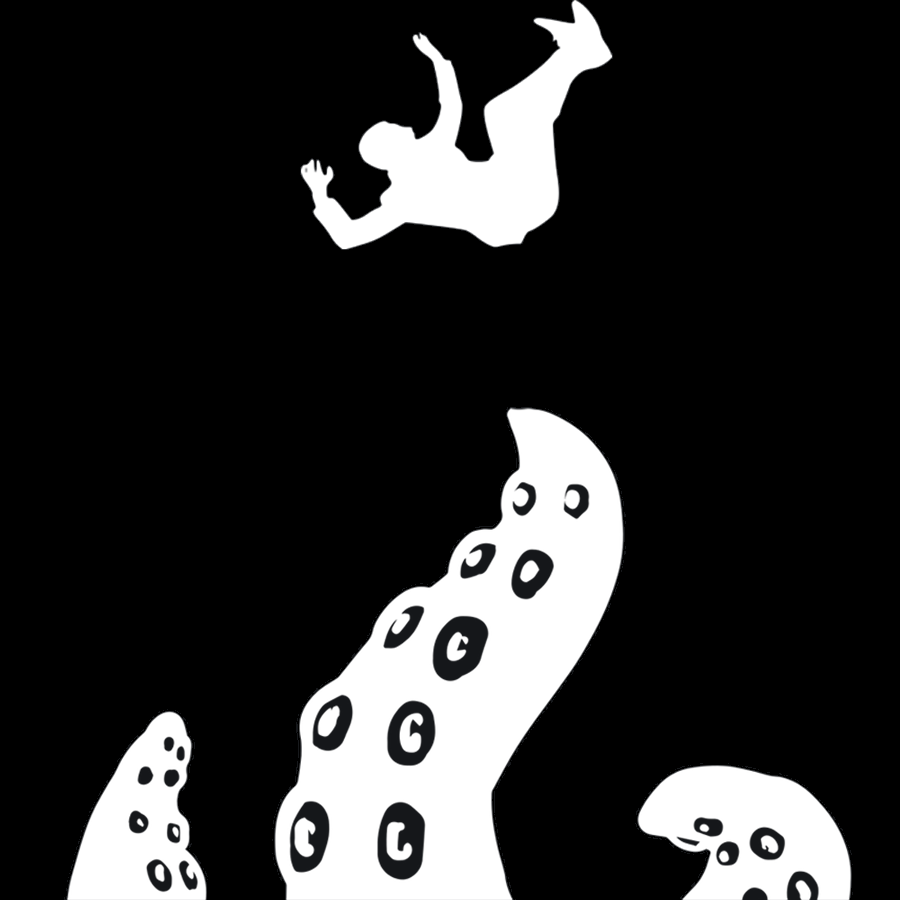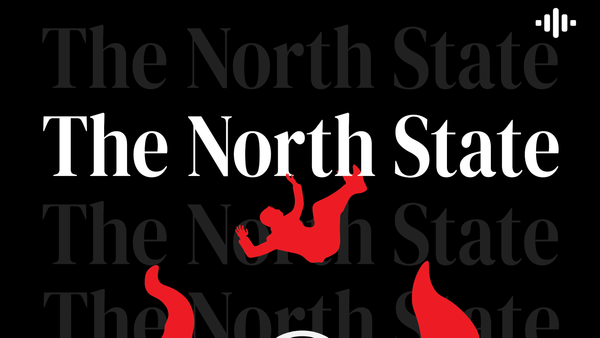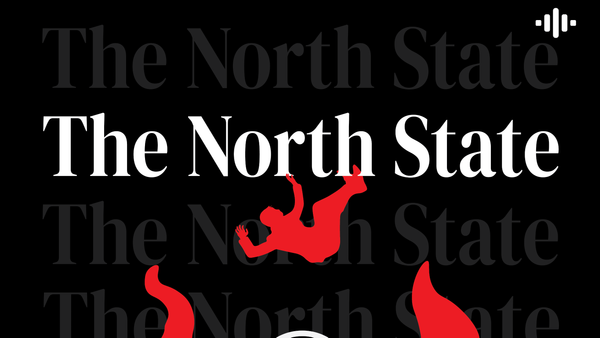What is the LCBO Strike Really About?
Ford's gamble against the LCBO union could come crashing down on him

Ontario is currently liquor dry, thanks to premier Doug Ford. The union representing LCBO workers have been on the picket line to protest the government's short-sighted and deeply insulting booze politics.
Ford and his government have been hammering the point that their plan to expand access to alcohol is non-negotiable. In response to the strike, which was instigated because of this obsession, the government doubled down and are now fast-tracking their plan to sell ready-to-drink mixed beverages to 450 convenience, grocery and big-box stores today, rather than the originally planned date of August 1. The sale of these drinks, in particular, is one of the major pillars of the union's concerns.
It wouldn't be an exaggeration to say this could be Ontario's most bitter labour actions in recent years. While the CUPE strike in November of 2022 forced Ford to back down from his use of the notwithstanding clause to crush labour, the particular issue of alcohol sales is something Ford categorically refuses to approach in good faith. Donned in an apron next to a BBQ, Ford appeared in a video telling Ontarians how to undermine his government's own workers. In it, he announced the government had created a map to guide Ontarians towards buying alcohol outside of the LCBO. This, understandably, led to a lot of criticism from Ontarians.
Animosity is flowing one way in this labour dispute. The union, part of OPSEU, walked away from negotiations when the government refused to budge on ready-to-drink beverages but they have since returned to the bargaining table. Even after Ford's insulting alcohol map and fast-tracking sales of the beverages, which was the one issue the union raised as crucial to talks. The government, on the other hand, has still refused to budge on the sale of these mixed drinks.
Despite this, at least one article by CityNews used a subheader "Both sides resort to public back-and-forth" in a story about OPSEU launching response ads to those put out by the Ontario government. It's a ridiculous notion to imply there are equal levels of toxicity between the two sides, especially considering the government's complete unwillingness to negotiate one of the LCBO union's key points.
But as always, Ford's stubbornness appears to be on the opposite side of Ontario. A recent Leger poll found that, while just 15 per cent of Ontarians have been personally affected by the strike, nearly half surveyed supported the union's goals and 44 per cent of respondents rejected proposed government actions to open LCBOs as soon as possible.
While this is a possible indication of where Ontarians may be right now, it should be viewed with scrutiny. This poll was conducted online and only surveyed 601 people in Ontario. As a general rule, polls need to collect random samples of at least 1,000 people to be considered indicative of wider popular sentiment. Once another poll with those factors and similar questions is conducted, that should be taken more seriously.
But the strike, and the government's response to it, must be viewed with a wider lens.
Moving liquor sale profits to private corporations under the guise of "the people" has been Ford's most consistent policy. As everyone who was paying attention to the 2018 election remembers, "Buck-a-beer" was a complete farce of a policy that the PCs hung their hat on. It was not the reason Ford and the PCs won office, as Kathleen Wynne and the Liberals were a complete train wreck, but they won in a landslide with "one dollar beers" being their only tangible campaign promise.
I posit that Ford's apparent bid for an early election was similarly supposed to receive an electoral boost. He had hoped to ride off the good will of expanding alcohol access to another electoral victory. The problem, however, is that it hasn't been the easy win that Ford expected it to be.
Despite his efforts, Ford's alcohol grandstanding has yet to translate into concrete gains. Though more rigorous polls of the PCs performance since the strike have yet to be released, all indications before the strike point towards dropping support for Ford and his party if an early election were called. When given the $150 million price tag of an early election, Abacus Data found nearly 20 per cent of Ontarians would be angry, and a total of 44 per cent would view the move negatively. Meanwhile, a poll by Liaison Strategies found that Ford and the PCs' 11 point lead would drop to five if an election were called early.
It wouldn't be accurate to say these polls spell absolute disaster for Ford, but it shows Ford's popularity is far from assured. Going back to the CUPE labour crisis in November of 2022, Abacus Data found that six out of 10 Ontarians blamed Ford and the PCs for the strike. While the LCBO strike is not the a one-to-one comparison to the CUPE strike, the government's actions during that crisis could colour voters' choice when thinking of how his government will respond to labour actions in the future.
Finally, what often goes unmentioned in the reporting of the LCBO strike is the role of private corporations. Ford is not expanding alcohol sales because he believes that more booze in the hands of the public is some unmitigated good. Ford is doing it to make corporations more money. So when someone raises the fact that the LCBO makes the government approximately $2.5 billion annually as a way to denigrate Ford, they are often missing the point. When you view that $2.5 billion as potential profit for capitalists, rather than current income for public services, Ford's hostility clicks into place. Ford was just hoping the drunken allure of booze politics would sweep that under the rug, while simultaneously sweeping them into victory.
Unfortunately for Ford, nobody's drunk enough to believe that.





